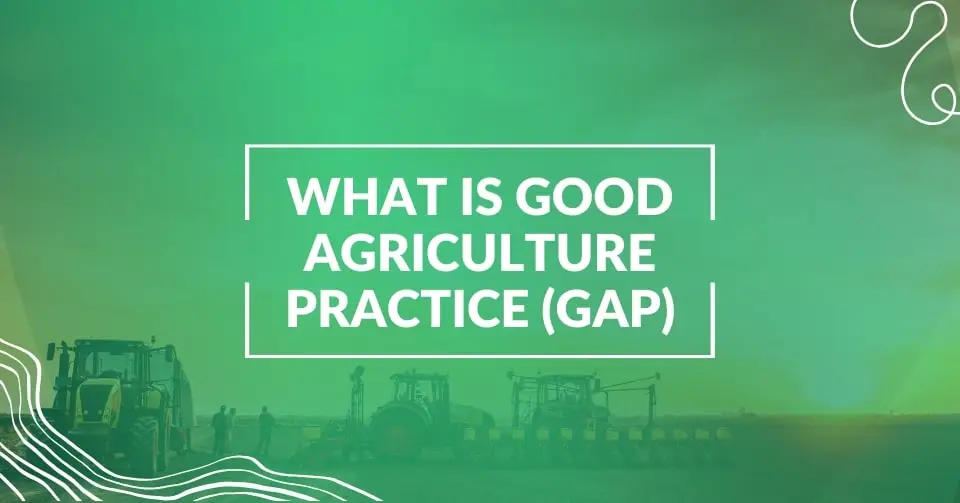In an era where foodborne illnesses can quickly become global news, food safety has never been more critical. For businesses in the food industry, obtaining food safety certification isn’t just a regulatory requirement; it’s a pivotal step in ensuring public health and maintaining consumer trust. This article delves into why food safety certification matters and how it impacts both consumers and the food industry.
The notion that food safety certification is an overly complex and daunting process is a common misconception. In reality, while the process is thorough, it’s designed to be accessible and manageable for businesses of all sizes. The key lies in understanding the specific requirements and preparing adequately.
Moreover, the perceived complexity of certification for food safety often stems from a lack of familiarity with the standards and procedures involved. As businesses become more acquainted with these processes, what initially seemed daunting becomes a structured and straightforward pathway to achieving certification. Embracing this process not only enhances food safety practices but also fosters a culture of continuous improvement within the organization. By demystifying the certification process and viewing it as an integral part of business operations, companies can effectively manage food safety risks and build a stronger, more resilient brand.
What is Food Safety Certification?
Food safety certification involves a rigorous process where a food operation—be it a restaurant, processing plant, or packaging facility—is evaluated against established food safety standards. These standards are designed to ensure that food is handled, prepared, and stored in a way that minimizes the risk of foodborne illnesses. Certifications are typically conducted by third-party organizations and require regular audits to maintain.
Why Does Food Safety Certification Matter?
- Public Health Protection: At its core, food safety certification aims to protect public health. By adhering to strict safety standards, businesses reduce the risk of foodborne illnesses, which can be severe and sometimes fatal.
- Consumer Confidence: In a market where consumers are more informed and concerned about what they eat, a food safety certificate serves as a seal of trust. It reassures customers that the food they are consuming meets high safety standards.
- Compliance with Regulations: Many regions require food businesses to meet certain safety standards. Certification demonstrates compliance with these legal requirements, helping businesses avoid costly fines and legal issues.
- Business Reputation and Marketability: A certification can enhance a company’s reputation, indicating a commitment to quality and safety. This can be a significant differentiator in a competitive market.
- Risk Management: The process of obtaining certification helps businesses identify and mitigate potential hazards in their operations, thus reducing the likelihood of food safety incidents.
- Global Trade Opportunities: For businesses looking to expand internationally, having a recognized food safety certification can be essential. It often serves as a prerequisite for entering foreign markets.
Types of Food Safety Certifications
There are various food safety certificates available, each focusing on different aspects of food safety. Some of the most recognized include HACCP (Hazard Analysis Critical Control Point), ISO 22000, and SQF (Safe Quality Food). Each of these programs has its own set of standards and focuses, catering to different segments of the food industry.
In conclusion, food safety certification is not just a compliance measure; it’s a commitment to quality, safety, and consumer trust. In a world where food production and distribution are increasingly globalized, these certifications play a crucial role in safeguarding public health and enhancing business credibility. As consumers continue to demand higher standards, the importance of food safety certification will only grow. For businesses in the food sector, investing in such certifications is not just beneficial; it’s essential for long-term success and sustainability.
FAQs
The primary differences among HACCP, ISO 22000, and SQF certifications lie in their scope, focus, and application. HACCP is a preventive control system focusing on identifying and preventing hazards. ISO 22000 is a comprehensive food safety management system that integrates the principles of HACCP with additional quality management elements. SQF is a globally recognized certification that offers different levels of certification, combining food safety and quality management.
Food businesses should renew their food safety certification according to the guidelines of the specific certification program, which typically require renewal every one to three years. Regular renewal is essential to ensure ongoing compliance with the latest food safety standards and regulations, to adapt to emerging food safety challenges, and to continuously improve food safety management practices. Renewal processes often include audits that help identify and rectify potential issues, maintaining high standards of food safety.
Yes, obtaining food safety certifications can potentially reduce insurance costs. Insurers may view certified businesses as lower risk, which can lead to lower premiums for liability and product recall insurance.
Certification often leads to more structured and comprehensive employee training programs. It emphasizes the importance of food safety, ensuring that all staff members are knowledgeable about best practices and their roles in maintaining high standards.







